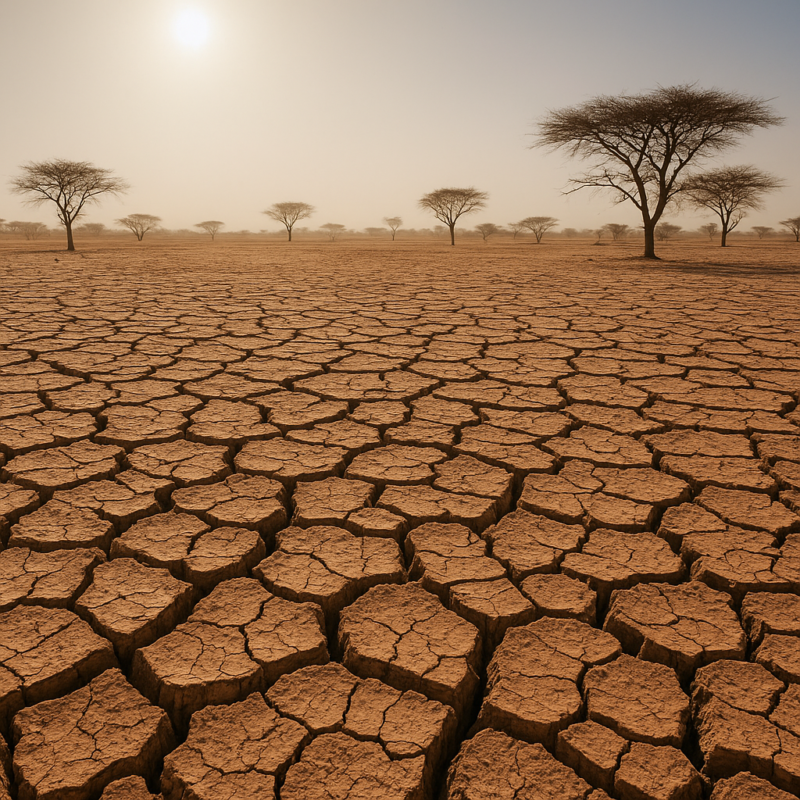Mogadishu, Somalia – The Somali Disaster Management Agency (SoDMA) has concluded a high-level national conference in Mogadishu aimed at designing a comprehensive strategy for disaster prevention and response. The meeting brought together key government institutions, humanitarian organizations, and international partners to strengthen Somalia’s preparedness for natural and man-made crises.
Over several days, participants discussed the country’s most pressing challenges, including recurrent droughts, flash floods, locust invasions, and the displacement of communities due to conflict. The strategy under review is expected to improve coordination between federal and state agencies, enhance early warning systems, and ensure rapid mobilization of resources during emergencies.
SoDMA Commissioner Mahamuud Moallim emphasized that the new strategy will focus not only on emergency relief but also on resilience-building. “We must shift from reactive measures to proactive planning, so that Somali communities are better protected and less vulnerable to shocks,” he said in his closing remarks.
The conference was supported by the World Food Programme (WFP), the Food and Agriculture Organization (FAO), the Danish Refugee Council (DRC), the Intergovernmental Authority on Development’s Climate Prediction and Applications Centre (ICPAC), and several other development partners. Technical experts from these organizations provided input on risk mapping, food security, climate forecasting, and community-level disaster preparedness.
International partners welcomed SoDMA’s initiative as a milestone in Somalia’s transition toward greater self-reliance in crisis management. FAO’s Somalia Representative noted that aligning disaster preparedness with agricultural resilience would be key to safeguarding rural livelihoods, while WFP stressed the importance of strong logistics and supply chain systems in times of crisis.
The forthcoming national disaster strategy is expected to be finalized later this year and will guide government institutions, humanitarian agencies, and development partners in aligning their efforts under a single framework. Officials hope the plan will help reduce human and economic losses from recurrent shocks that have left millions in need of humanitarian assistance.
With climate extremes and security challenges compounding Somalia’s fragility, stakeholders at the conference agreed that coordinated, forward-looking action is essential to protect communities and pave the way for long-term stability.



